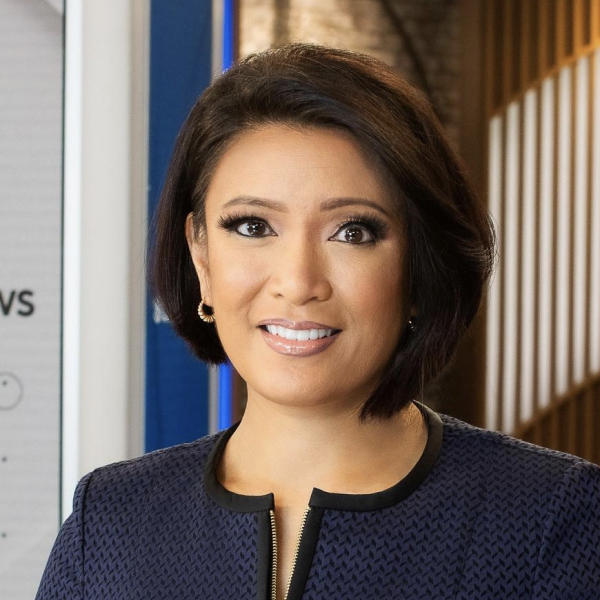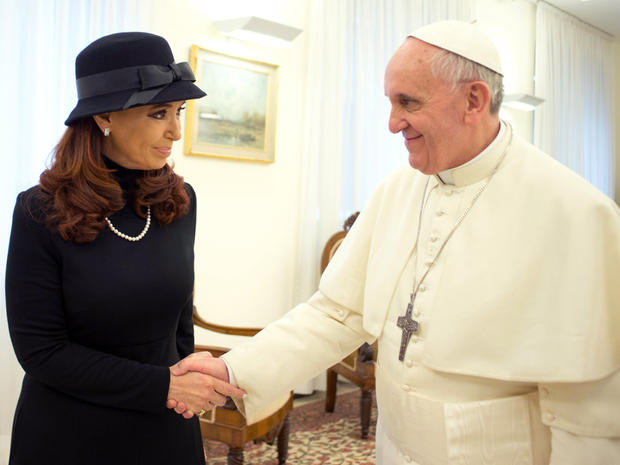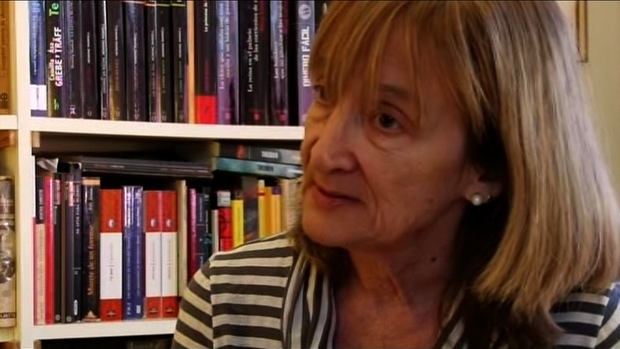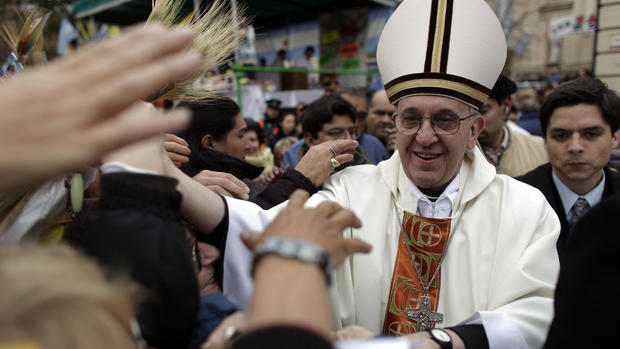Questions remain about Pope Francis and former dictatorship
(CBS News) BUENOS AIRES -- Old rivals came together at the Vatican Monday, when Argentina's President Cristina Fernandez visited Pope Francis.
They have differed openly on several issues in the past including his opposition to same sex marriage and contraception.
This meeting apparently went well. Fernandez gave Francis a present. He gave her a kiss.
There are still questions though about the pope's relationship with Argentina's former government-- a military dictatorship that kidnapped and killed thousands in the 1970s and 1980s.
Estela de la Cuadra's family members started disappearing in 1976, just as Argentina's military dictatorship began its brutal reign over the country.
Seven relatives, including her husband, Gustavo, and her pregnant sister, Elena, were kidnapped. de la Cuadra's father tried appealing to the head of Argentina's Jesuit priests -- Jorge Bergoglio.
In 1977, de la Cuadra's father met with Bergoglio.
"Papa asked him for help," she told CBS News.
"Bergoglio did write this short note," she said. "So my father could see one of the military authorities."
As far as she knows, the man who is now Pope Francis did nothing else.
And de la Cuadra believes the future pope could have done more to speak out against the dictatorship.
Vatican diplomacy: New pope, Argentine president meet
Pope Francis faces key decision on new Vatican secretary of state
Argentina celebrates the pope's first Sunday
More coverage: Change at the Vatican
But others insist, during the regime's 7 years in power, Bergoglio did what he was able to, including helping some citizens who were about to be arrested.
Francesca Ambrogetti is co-author of the Jesuit, a biography of Bergoglio.
"There was much proof that he helped people who needed help," she said. "For instance, people who wanted to get out of the country to get out."
But that's little comfort to Estela de la Cuadra. Pope Francis' inauguration is tomorrow but de la Cuadra is not satisfied.
"It's not my pope," she said. "It's not my religious authority. I think he is leaving behind many open wounds. He owes us an answer. Because he had all the power. He owes us that."
In recent years, then-Cardinal Bergoglio led the Argentine Catholic Church's efforts to apologize for its failure to speak out more forcefully against human rights abuses.



